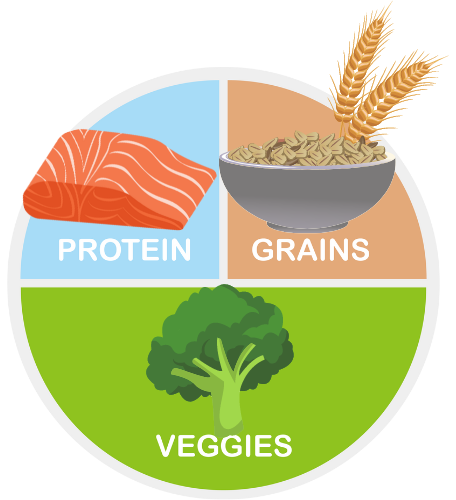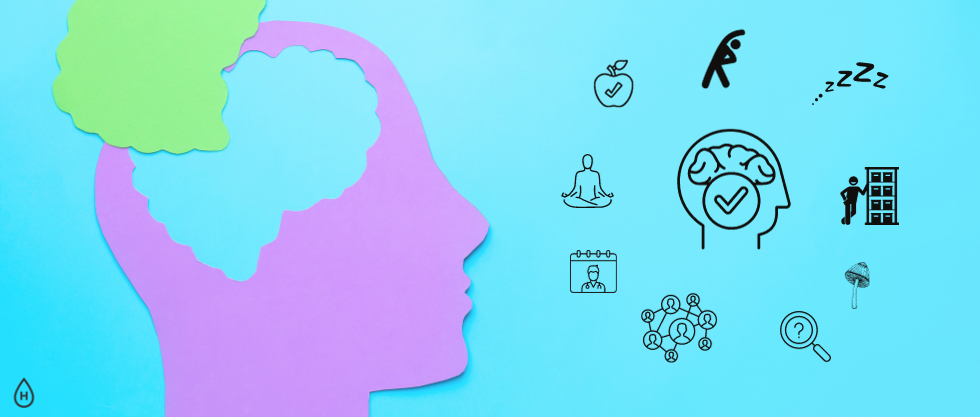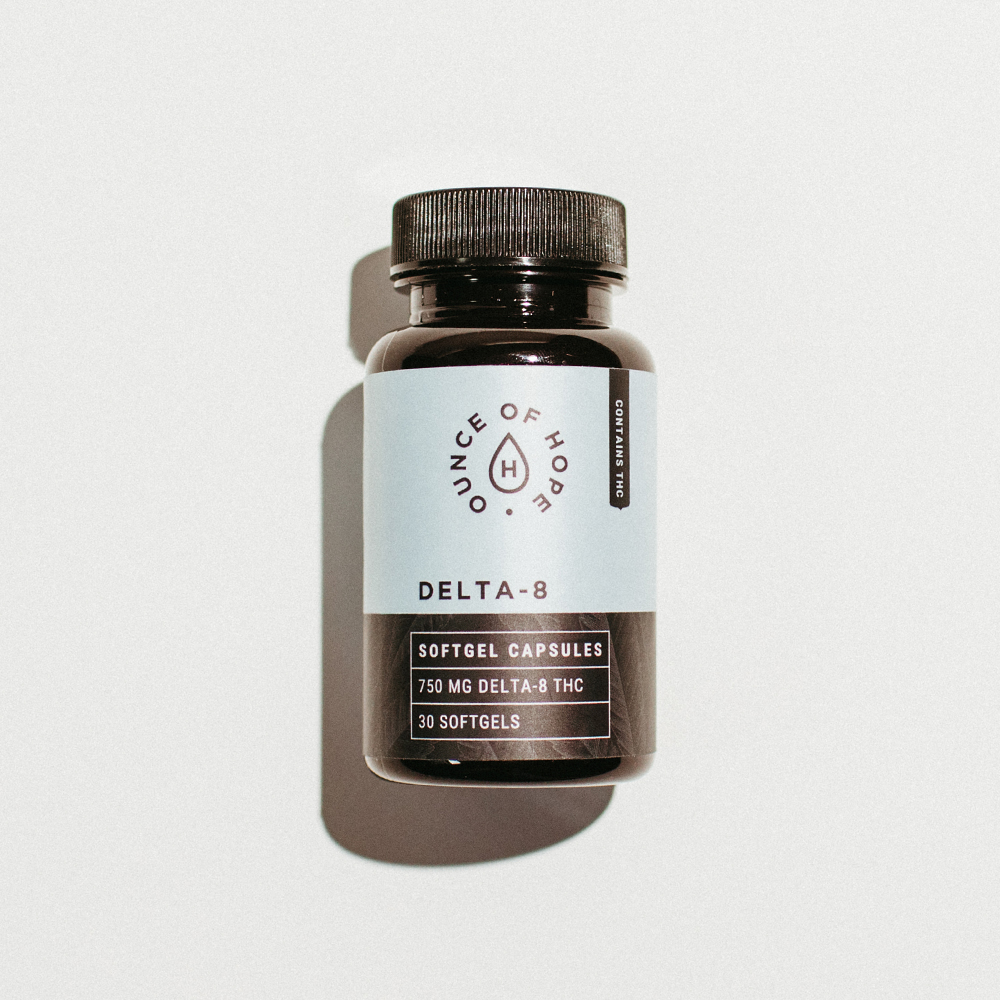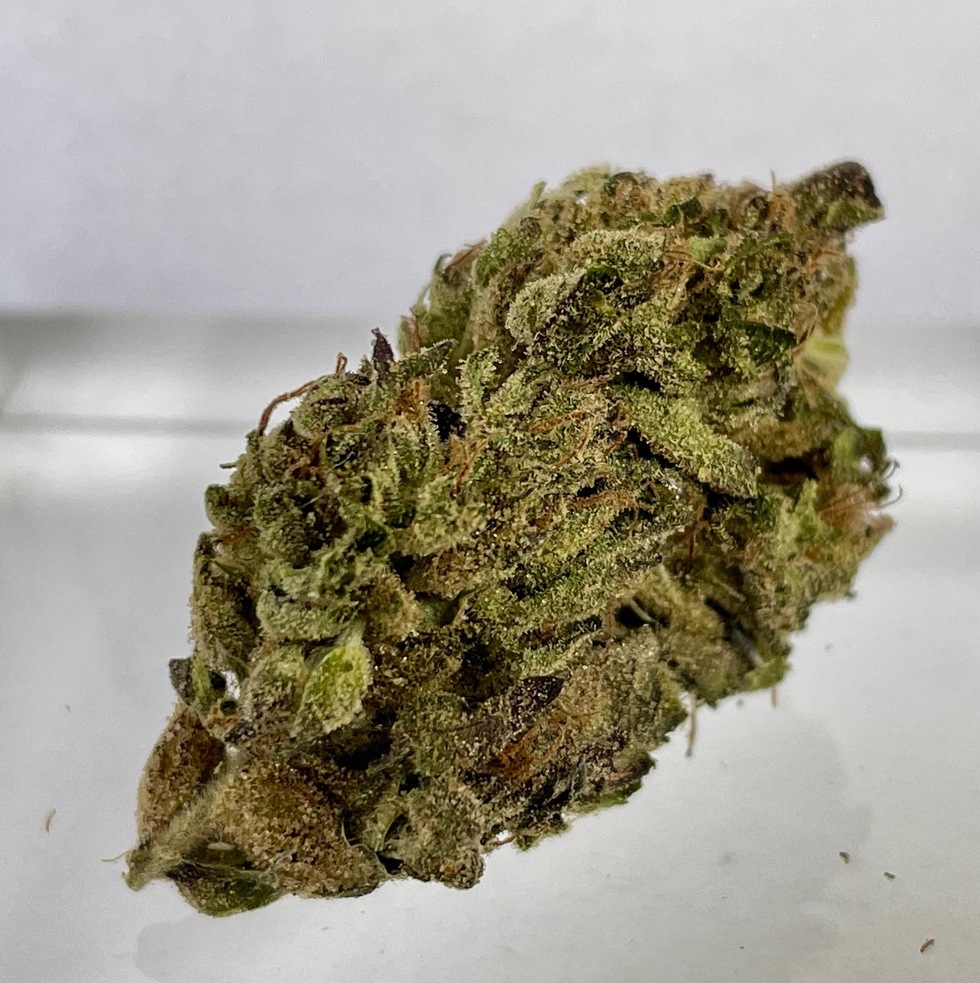Is it genetics that leads to us having lapses in memory? Is our diet or environment the main driving factor? What about general health? All of these variables impact our lives, and our neuroplasticity is no different. So, then — are there ways to naturally improve your memory?
The brain is an organ like any other in our body. But what makes it unique is the brain can be trained and improved just like our muscles or circulation.
The human brain, in particular, has an astounding ability to adapt and change, even as we get into old age. With proper care, the brain has little issue establishing new neural pathways. It can also readily improve on existing connections and adapt to new situations.
With the right lifestyle changes and a drive to improve, anyone can do better by their brain. Eventually, you’ll notice an overall increase in memory, learning, and even general thought processing.
But what exactly can someone do to get started on whipping their brain into shape? Let’s dive into our guide on how to naturally improve your memory. Using a combination of these strategies may just be your perfect solution.
12+ Ways to Naturally Improve Your Memory
There’s actually a wider array of tips to help you naturally improve your memory than these 12. However, each on our list helps make the overall combination balanced and comprehensive. We want to help you in every aspect of your daily life. Let’s look at the easiest methods you can integrate into your daily routine for a better memory.
1. Get a Proper Amount of Sleep
This is arguably the most important way to naturally improve your memory on our whole list. Most people underestimate how much their memory and ability to problem solve are impacted by even a minor sleep deficit.
Sleep is paramount for memory and learning. Research shows that sleep is the driving factor behind effective memory consolidation. And that’s because while we sleep, our brain goes into its repair mode. It files memories for the day, in a way, organizing things in your noggin.
Most people need between 7 and 9 hours of sleep a night. Even losing out on just one or two of those can have long-lasting, compounding negative impacts.
Not only is the amount of sleep you get important, but the consistency you achieve is too. Someone getting a full 9 hours of sleep irregularly might suffer the same consequences as someone not getting the minimum.
It’s important to get a regular sleep schedule to maintain your mental sharpness. Try to get to bed at the same time every night and wake up at the same time every morning. The consistency will help your internal clock know it’s time to rest and give it the signals for how long it will be in that repair phase.
If you have trouble getting to sleep, you can incorporate CBD and/or melatonin into your evenings. Ounce of Hope’s CBD softgels with melatonin offer both, providing the perfect combination of sleep-inducing compounds. Each softgel contains 25mg broad-spectrum CBD, 3mg CBN, and 3mg melatonin. Or, take advantage of other cannabis products that help stimulate sleep and relaxation.
2. Stay Mentally and Physically Active
As mentioned above, the brain is an organ the same as any other in the human body. Just like your heart, veins, and muscles, the brain benefits greatly from exercise.
Working out for your brain comes in two flavors, and both are just as important as the other.
The first is giving your brain a potent workout. Memory strength is exactly like muscular strength in the sense of “use it or lose it.”
Unfortunately, you can’t do a deadlift with just your brain. On the bright side, there are still ways to flex that mental muscle and see some serious gains.
The Mental Workout
Not all activities will produce the same results. Make sure whatever mental exercises you pick up hit some important key points. There are four factors that help dictate if a mental exercise is going to result in benefits. That’s if it’s challenging, it teaches something new, it’s a skill that can be built upon, or it feels rewarding. Or, better yet, a combination of the four!
The Physical Workout
As we mentioned above, the mental workout is only one side of the coin for improving your memory. The other side is your physical well-being. There is a direct correlation between physical fitness and mental activity. If you’re serious about making your brain stronger, your body needs to follow suit.
Physical exercise has been proven to keep your mind sharp. One of those proven factors revolves around the increase of oxygen you get to your brain when you work out. Maintaining physical fitness also helps reduce the risk of disorders that lead to memory problems. Some of those include cardiovascular disease and diabetes.
Aerobic exercise, in particular, is great for your grey matter. Keep your blood pumping to make sure fresh O2 is making a beeline straight to your brain. This is a proven method for getting past those afternoon lows as well. Exercise can give you a mental snap to stay focused.
3. Incorporate Curcumin to Help Naturally Improve Your Memory
Curcumin is also an option to help improve memory. While we need more research on the subject, the results thus far are incredibly promising. Curcumin is known for its anti-inflammatory and antioxidant properties, which may further contribute to your cognitive health.
You can find products that combine CBD with curcumin for a more powerful effect. Ounce of Hope’s CBD softgels with curcumin is a great example.
4. Eat a Rich Diet with Limited Refined Carbs
It’s no secret that what we eat affects all of our internal systems. This is doubly true for our mighty little thinking matter. Food is fuel, and the quality of the fuel affects the quality of the fire.
Things like refined carbs, while okay in moderation, can gum up your internal functions. That leads to brain fog and feelings of lethargy.
To avoid the drowsy, cobwebbed brain feel, it’s important to have a varied and nutrient-rich diet.
There are a few things, in particular, you should make sure to incorporate into your diet to help boost your “memory muscles,” as it were.
Some of these include:
- Omega-3s,
- Antioxidants, and
- Resveratrol
These all prove to help the brain work at optimal capacity. Good sources of Omega-3s usually come in the form of cold water “fatty fish” like tuna, sardines, salmon, and halibut. Some nonfish-based Omega-3 sources include walnuts, flaxseed, winter squash, spinach, soybeans, and broccoli.
A wide range of vegetables and fruits contain enough antioxidants to help your brain be as sharp as a chef’s cleaver. A rule of thumb is that the more colorful your mix of veggies and fruit is, the better the antioxidant content.
Green tea is also a proven powerhouse when it comes to beneficial antioxidants. The kick of caffeine that accompanies it can help focus your thoughts as well, with much quicker results.
Resveratrol is a chemical that boosts blood flow in the brain. It’s mostly found in red grapes and products made from these grapes, like wine and juice. More blood flow to the brain may mean a boost for your memory!
5. Take Advantage of Nootropic Mushroom Products
“Nootropic” is something that can be used to enhance memory or other cognitive functions. A nootropic mushroom is a dietary supplement from typically several functional, nutrient-rich mushrooms. Many of these mushrooms help enhance memory, cognitive function, and even provide a boost for throughout the day.
Ounce of Hope’s Vitality mushroom gummies are a blend of these beneficial ingredients. Each gummy contains:
- 200 MG Reishi Mushroom
- 200 MG Lion’s Mane Mushroom
- 200 MG Chaga Mushroom
- 50 MG L-Theanine
- 50 MG Tyrosine
- 25 MG Caffeine
- 6 MG CBD
- 5 MG CBG
- 4 MG Delta-9 THC
We select each ingredient for its potential to support mental clarity, promote focus, and boost cognitive well-being. Even with mild psychoactive properties, it may help you improve your memory over time.
6. Minimize Stress to Naturally Improve Your Memory
Stress has a long and well-explained effect on not only our mental health but our physical well-being, too. It’s no surprise that the more stressed someone is, the harder everything seems to get.
Stress can directly affect how we form memories. When stress levels run high, people have a more difficult time forming short-term memories. They may also have trouble turning short-term memories into long-term ones.
Stress can even affect memories that are already formed. Research shows misinformation about events can paint false experiences and memories. That, in turn, causes people to recall untrue aspects as facts.
Or, stress can hinder the ability for memories to form at all. It depends on whether the stress happens before or during the memory-creation process. Focusing on minimizing your stress to help slowly, naturally improve your memory.
7. Practice Mindfulness
You may have heard the term “be more mindful” before or even said it yourself. But what does mindfulness entail?
In short, mindfulness is the human ability to be present. Where we are, what we’re doing — mindful of it all. It also means not being overly reactive or overwhelmed by what’s going on around us.
The most common way to practice mindfulness is through mindfulness meditation. There are a few methods to achieve this practice, but the end goal is the same.
Meditation instigates several different changes in the brain through consistency and routine. The changes that come around, thanks to these mindful meditations, are physically measurable. Some include cortical thickness and an increase in gray matter density. That means that the brain is making itself denser and creating more neural pathways.
The process is known as neurogenesis. And it could possibly help stimulate the creation of new neurons in our brains. That leads to strengthened memory capability and resilience.
 8. Get Regular Check-Ups
8. Get Regular Check-Ups
This point holds a lot of importance, especially for those who are noticing a sudden and unexplainable dip in their memory prowess. The sudden onset of memory difficulty may be an early sign of underlying health issues.
Many diseases, mental health disorders, and even medications can all suddenly contribute to mental fog and memory loss.
Some common culprits for memory issues include:
- Diabetes
- Hormone Imbalances
- Heart Disease
- Blood Pressure Issues
- Depression
- Common Medications
9. Stay Organized to Better Naturally Improve Your Memory
Clutter is clutter, whether it’s inside your head or in your bedroom. Funny enough, these two things seem to have a fair bit of overlap. Our environment can play a major role in how we process information. Cleaning and organizing can help organize your mind and the information you want it to hold onto.
Think of your memory as a filing cabinet. Without dividers and a filing system that you stick to, all the information can get lumped up, put in the wrong order, or just get lost in the shuffle. This is true about your surroundings as well.
Many health experts agree that people forget things if their homes or workplaces are cluttered. Research suggests having a messy or disorganized space actually diminishes a person’s ability to concentrate.
Clean environments, on the other hand, can improve concentration, focus, and mood. It may help naturally improve your memory.
 10. Get Enough Vitamin D
10. Get Enough Vitamin D
It’s pretty common knowledge that Vitamin D is an important part of your internal health. What most people don’t know, however, is that vitamin D may play an essential role in your memory strength as well.
Research on how our metabolism affects our body is an ever-evolving field. One of the largest fields in this category revolves around vitamin and mineral nutrition. A 2015 study looked into the links between low vitamin D levels and faster memory loss in older individuals.
Vitamin D’s influence on other mental hurdles may be the biggest factor. Depression and other mental health issues have symptoms like forgetfulness and brain fog. Vitamin D may help with these issues, potentially helping with memory, too.
11. Stay Curious!
Curiosity has its own merits and is a secondary skill that, too, can be trained and expanded upon. It builds on the reward-based learning process inside our brains.
When curiosity is at its peak, dopamine pathways fire at a much higher intensity. Dopamine itself is integral to the process of consolidating memories. The increased response helps us remember the things we’re curious about.
During these events, there’s a stronger connection between the reward center and the hippocampus. (The hippocampus is the area of the brain related to memory).
12. Socialize to Naturally Improve Your Memory
This one might come as a surprise to the introverts. Ensuring an active and positive social life is important for mental well-being. That’s because humans are extremely social creatures. We have had a group mentality for as far back as human history has been recorded.
Personal relationships stimulate our brains. Interacting with others may be one of the best forms of mental exercise, especially as we age.
Meaningful friendships and strong support systems are key for both emotional and mental health. Research by the Harvard School of Public Health finds that an active social life may delay memory loss among the elderly.
These mental boosting relationships aren’t limited to your friends and family. Some of the best ways to engage this memory-improving behavior are things like doing volunteer work or joining a club. The effects aren’t limited to just human companionship either. Positive effects can be linked to pet care, especially highly sociable animals like dogs.
Final Thoughts On How to Naturally Improve Your Memory
In conclusion, learning how to naturally improve your memory involves several holistic approaches. These encompass various lifestyle factors that you may or may not be able to change.
- Try to prioritize quality sleep and stay mentally and physically active.
- Incorporate memory-boosting elements like curcumin, nootropic mushroom products, and a nutrient-rich diet. Make sure you’re getting enough vitamin D.
- Minimize stress, and practice mindfulness when you can. Get regular check-ups!
- Never stop nurturing your curiosity, foster social connections, and try to stay organized.
A well-rounded lifestyle lays the foundation for a sharper, more resilient memory. Embrace these strategies and cultivate a lifestyle that nourishes your memory and mind.





